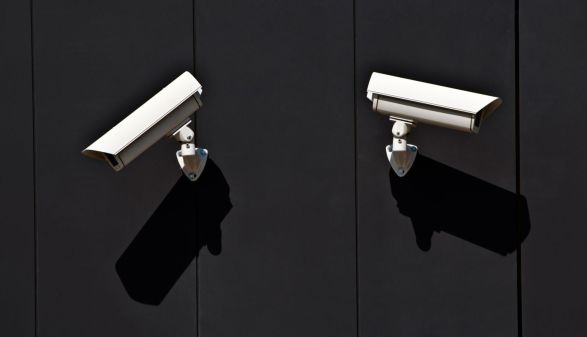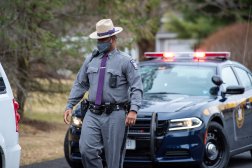Civilians to oversee police policy, investigate complaints in Seattle

As cities equip police with body cameras and introduce new transparency measures, Seattle Mayor Ed Murray is proposing legislation that would create some of the strongest oversight mechanisms in the nation.
If passed, the legislation announced Wednesday would turn the civilian-run Seattle Community Police Commission (CPC) into a permanent office that replaces the police officers now in charge of police oversight in the city. The legislation would also create an independent Office of Inspector General to generate more thorough review of the Seattle Police Department’s policies and practices. And finally, the Seattle Police Department’s Office of Police Accountability (OPA) would grow in power and independence.
In a Facebook question and answer session on Thursday, Murray and his chief legal counsel, Ian Warner, explained that the civilian-run CPC is intended not only to increase police accountability in the city, but also set a national standard.
“The CPC, under the ordinance the mayor sent to city council, is the only body that has the specific ability to make input into the inspector general’s work plan,” Warner said. “That’s an important piece, that you have community input directly into the civilian oversight system.”
Though these entites all existed in the past, the power of each was limited. The OPA auditor, for instance, previously was responsible only for ensuring that investigations were being conducted properly. The new legislation clearly defines these roles and powers, including OPA auditor powers that include examination of systematic practices across the department, such as the use of certain equipment and technology during riot patrol.
The SPD is among the nation’s police departments now under federal consent decree, which gives a federal judge and independent federal monitor oversight over policy reform. This new legislation was reviewed by the decree’s overseers, Murray said.
“They … believe that it reflects the best practices in this country, as well as my staff have visited other police departments and other cities that have civilian oversight. We believe when this is in place we will be one of the leaders in the nation as far as transparency as it involves civlian … oversight.”
The CPC’s members would be hired similarly to how the city hires its regular employees, Murray explained. The city will review applications and then train hires. Though they’re looking for civilians, the city isn’t looking for just anyone.
“These people have to have some understanding of police practices, but also have to have at least a basic understanding of community expectations of policing,” Warner said. “That’s a very hard skill set to find, but one that the mayor’s committed to finding and once we find those people, we’ve also implemented in this legislation the training regiment they’ll need to go through to make sure these investigations are done properly.”
By the dozen, police departments around the nation are adopting body cameras, citing improved behavior on both sides of the badge. Seattle began examining police body camera technology in 2015 after receiving a $600,000 federal grant.
Some cities, like New York City, have gained attention for not adopting the technology at all. Although that will soon in change in NYC, as a mayoral announcement on Tuesday indicated the city will invest heavily in the next two years so that every NYPD officer is wearing a camera by the end of 2019.
One of the central issues in police body cameras is how the data is released and used. Civilian oversight authorities like Seattle’s will determine how police video data is used and accessed in the coming years.
“We believe the country will be watching this example,” Warner said.





